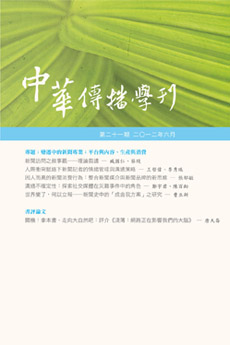 閱覽人數: 42
閱覽人數: 42
June
2012
No. 21
變遷中的新聞專業:平台與內容、生產與消費
Journalism in Transformation: Platform vs. Content, Production vs. Consumption頁數:31 - 79
作者(中)
王哲偉、李秀珠
作者(英)
Che-Wei Wang; Shu-Chu Li
關鍵詞(中)
人際衝突、情感事件理論、情緒、溝通策略
關鍵詞(英)
interpersonal conflict, affective events theory, emotion, communication strategy
中文摘要
本研究援引情感事件理論,檢視新聞記者在職場中所面臨的人際衝突、情緒反應及溝通策略。透過深度訪談與問卷調查法,共獲得155則人際衝突事件,包含新聞價值主觀判斷歧異、無法體恤等,這些衝突事件引發個人不同強度的情緒反應,如上司無法體恤個人比起新聞價值主觀判斷歧異,前者引發較高程度的軟性策略。此外,本研究也發現情緒會影響採用的溝通策略,如悲傷情緒越高越可能採取讓步策略。於此,本研究驗證情感事件理論。
英文摘要
This study adopted the affective events theory to examine the relationships among interpersonal conflicts, emotion, and communication strategies. A total of 30 intensive interviews were conducted on journalists in Taiwan, from which this study collected 155 conflict events. Data analysis categorized the 155 conflict events into 7 types: differing news value, lack of consideration, immoral behavior, unjust treatment, trying to interfere or control news, job incompetence and scooping or missing news. This study also found that respondents had different emotional intensities regarding the different types of conflict events, and different emotional intensities were associated with different types of communication strategies. For instance, the lack of consideration from a superior yielded significantly more soft emotions than differing news value from a superior did, and when respondents felt intense sadness during a conflict, they were more likely to use yielding as a communication strategy. Further findings are discussed in this paper.